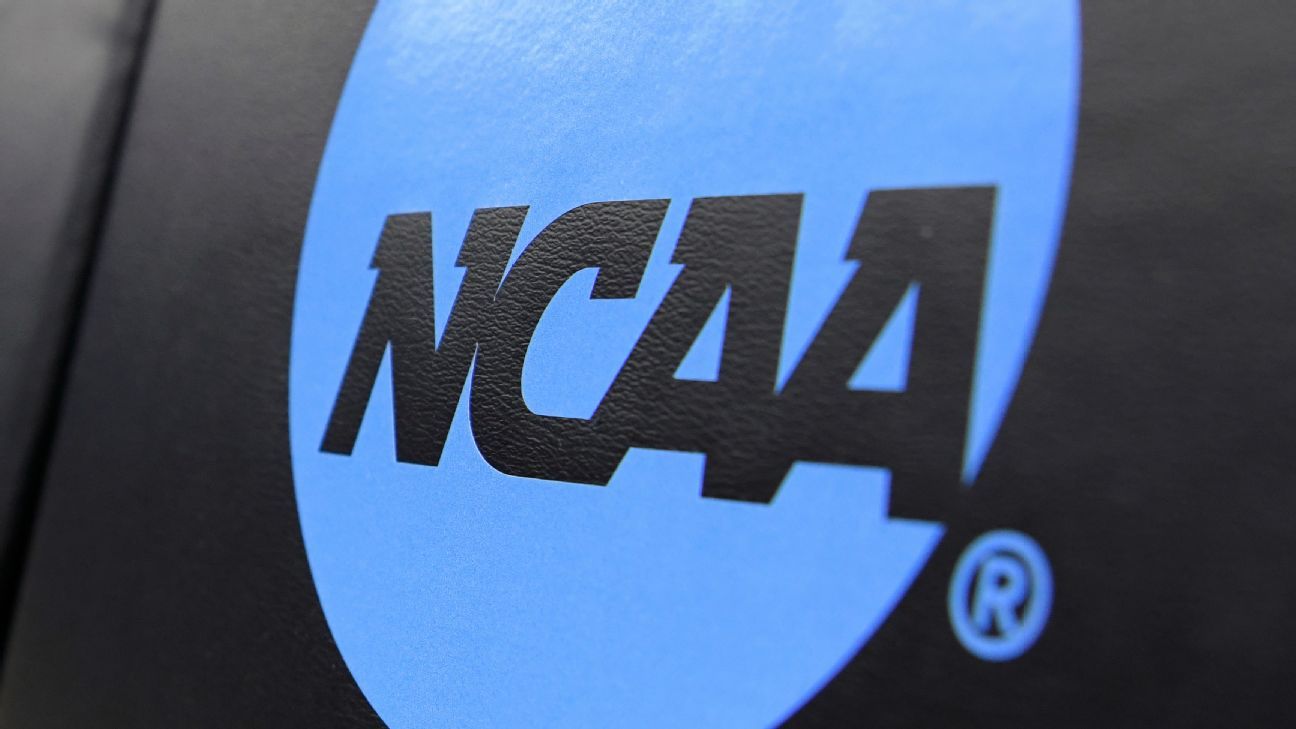WASHINGTON — A new bill introduced in the House on Thursday aims to reshape the landscape of college sports by offering limited antitrust protection for the NCAA while prohibiting the use of student fees to fund athletic programs. The proposed legislation, known as the SCORE Act, is co-sponsored by seven Republicans and two Democrats, providing it a reasonable chance of passing in the House. However, its prospects in the Senate appear less promising, as it would require at least seven Democratic votes to proceed.
The SCORE Act seeks to address several key issues that have been at the forefront of college athletics. It includes provisions for antitrust protections, pre-emption of state laws regarding name, image, and likeness (NIL) payments, and a clause preventing athletes from being classified as employees of their schools. These elements align closely with the NCAA’s lobbying efforts to establish national standards for NIL payments, a topic that has gained significant attention following a landmark $2.78 billion lawsuit settlement allowing schools to compensate athletes.
Impact on College Funding Strategies
The bill’s prohibition on using student fees to support athletic programs strikes at the heart of many schools’ financial strategies. Institutions have been exploring various methods to fund the up to $20.5 million they may need to share with athletes. For instance, earlier this year, Clemson University announced plans to implement a $150 “athletic fee” per semester starting this fall. Similarly, Fresno State approved an additional $495 annual fee, with approximately half earmarked for athletics.
Other universities are adopting alternative approaches. The University of Tennessee, for example, has introduced a “talent fee” for season-ticket renewals, while the University of Arkansas is raising concession prices. Many schools are also communicating with boosters about the escalating costs associated with maintaining competitive sports programs.
Preserving Olympic Sports
Another significant aspect of the SCORE Act is its focus on safeguarding Olympic sports, which some fear may be jeopardized by the increased allocation of resources to major revenue-generating sports like football and basketball. The bill mandates that schools with at least one coach earning over $250,000 annually must offer a minimum of 16 sports programs. This requirement mirrors an existing rule for top-tier NCAA Football Bowl Subdivision (FBS) schools.
According to sports economist Dr. John Smith, “The emphasis on maintaining a broad array of sports is crucial for preserving the diversity and inclusivity of college athletics. While football and basketball often dominate the headlines, Olympic sports play a vital role in the collegiate ecosystem.”
Historical Context and Future Implications
The introduction of the SCORE Act comes at a time when college athletics is undergoing significant transformation. The recent approval of NIL payments has fundamentally altered the dynamics of college sports, prompting a reevaluation of how programs are funded and managed. Historically, student fees have been a reliable source of revenue for athletic departments, but the new legislation could compel schools to seek alternative funding mechanisms.
Looking ahead, the SCORE Act could serve as a catalyst for broader reforms in college sports. By setting national standards for NIL payments and addressing the financial sustainability of athletic programs, the bill has the potential to create a more equitable and transparent system. However, its success will depend on navigating the complex political landscape and securing bipartisan support.
As the debate over the SCORE Act unfolds, stakeholders across the collegiate sports community will be closely monitoring its progress. The outcome could have far-reaching implications, not only for athletes and universities but also for the future of college sports as a whole.
In conclusion, the SCORE Act represents a pivotal moment in the ongoing evolution of college athletics. Its focus on regulating NIL payments, preserving Olympic sports, and rethinking funding strategies underscores the need for comprehensive reform. As lawmakers deliberate the bill’s merits, the stakes are high for all parties involved, and the future of college sports hangs in the balance.






































































